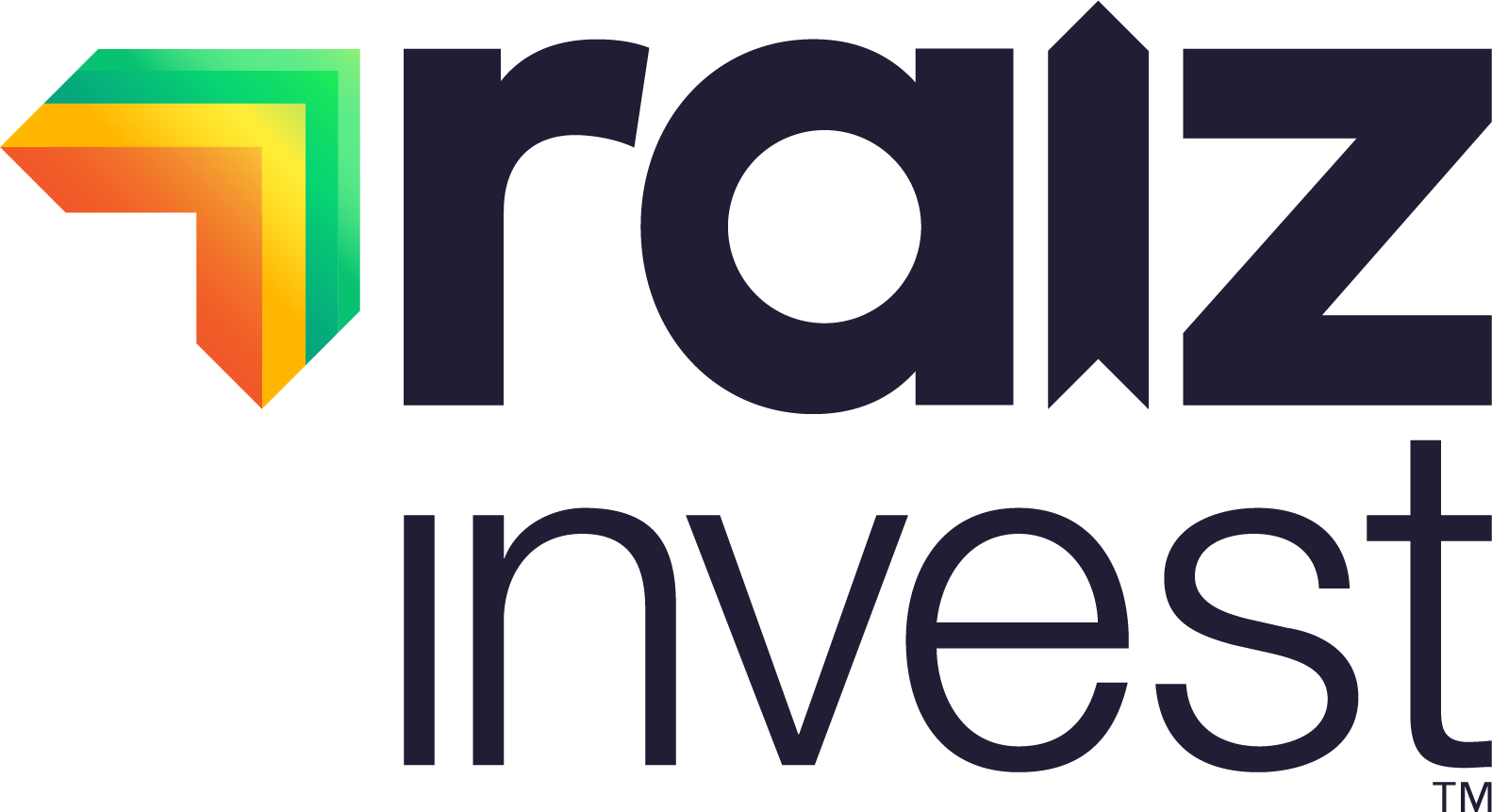
2-11-2021
George Lucas, Raiz Group CEO
In investment circles, October gets a bad rap. Three past tumultuous market events – the Bank Panic of 1907, the 1929 stock market crash and Black Monday in 1987 – all occurred in October. Consequently, the “October effect” traditionally has investors nervy, anxiously awaiting the calmer waters of November.
Well, this year their fears came to naught, especially in the US. Wall Street stocks enjoyed their best monthly performance for the year with both the S&P and Nasdaq indexes gaining about six per cent each.
This positive outcome was despite disappointing results from two of the tech giants (Apple and Amazon), renewed questions about labour shortages, supply lines being squeezed and, consequently, persistently higher inflation. None of these factors, nor the “October effect”, deterred investors.
In Australia, the market was far more subdued, with the S&P/ASX200 index flat in October. Where investors in the US were seizing on any positives, we were more consumed by the negatives, especially China. Our largest trading partner continues to spook investors with its own economic performance (think energy) and its continuing hard-line approach to the bilateral relationship.
China’s envoy to Australia – one of the new breed of “wolf warriors” might have left Canberra – but no one is suggesting this signifies an easing in tensions. Our market also suffers from a lack of large tech companies that have been responsible for the much of the stock market growth globally.
Inflation on the move
The Reserve Bank of Australia (RBA), US Federal Reserve and the Bank of England will announce their interest rate decisions this week; today in Australia (the November decision always coincides with the Melbourne Cup) on Wednesday in the US and Thursday in the UK. The Reserve Bank has indicated the 0.10% cash rate will not change this calendar year, and it would be at longer odds than the rank outsider in today’s Cup to change direction.
What was noteworthy was the RBA’s decision not to defend its bond-yield target, which is central to its quantitative easing program. This decision pushed the yield on Australia’s April 2024 government bond to more than 0.7 per cent — well beyond the bank’s target of about 0.1 per cent.
The decline in headline inflation in Australia in the third quarter (July-September) was entirely driven by technical factors on the way the index is calculated. Underlying inflation rose into the RBA’s target band for the first time in seven years, inevitably putting pressure on the Bank to keep reducing its monetary stimulus in the months ahead.
In the US, I expect that the Fed’s policy statement next week may signal rising concerns about inflation and announce the beginning of asset purchase tapering. Inflation concerns are rising globally.
Economic recovery slowing
The slowdown in US GDP growth to only 2.0% annualised in the third quarter was partly due to fading fiscal stimulus and the hit services spending took from the Delta strain in the US. But the biggest factor appears to be supply shortages in the US, particularly motor vehicles, where a plunge in car sales caused consumption growth to drop to only 1.6%.
This is not just a US phenomenon. Indeed, we need to become accustomed to supply shortages as they can limit the amount of personal consumption that can occur. In Australia, for example, where there are also supply issues, the recent retails sales number did not encourage the view that consumption is picking up. The flip side, of course, is increased savings in the economy, but right now we need consumers spending.
The recent 2.2% quarter-by-quarter increase in Euro-zone GDP for the third quarter means that the region’s recovery to its pre-virus level is now largely complete. The boost from re-opening is now over in Europe.
Malaysia expected to hold rates
This week, we expect Malaysia’s central bank to keep its policy rate on hold to support the economic recovery, while Indonesia’s third quarter GDP data is likely to show a contraction in output, which I think will be short-lived.
I don’t expect the price of gold to continue to rebound and it will probably fall further from the current prices of $1,800/oz.
Gold pays no real rate of interest. Therefore, its price tends to fluctuate depending on the opportunity cost of holding the metal. With the US stock market near a record high, gold as a safe haven asset will not drive demand.
Don’t have the Raiz App?
Download it for free in the App store or the Webapp below:

Important Information
If you have read all or any part of our email, website, or communication then you need to know that this is factual information and general advice only. This means it does not consider any person’s particular financial objectives, financial situation, or financial needs. If you are an investor, you should consult a licensed adviser before acting on any information to fully understand the benefits and risk associated with the product. This is your call but that is what you should do.
You may be surprised to learn that RAIZ Invest Australia Limited (ABN 26 604 402 815) (Raiz), an authorised representative AFSL 434776 prepared this information.
We are not allowed, and have not prepared this information to offer financial product advice or a recommendation in relation to any investments or securities. If we did give you personal advice, which we did not, then the use of the Raiz App would be a lot more expensive than the current pricing – sorry but true. You therefore should not rely on this information to make investment decisions, because it was not about you for once, and unfortunately, we cannot advise you on who or what you can rely on – again sorry.
A Product Disclosure Statement (PDS) for Raiz Invest and/or Raiz Invest Super is available on the Raiz Invest website and App. A person must read and consider the PDS before deciding whether, or not, to acquire and/or continue to hold interests in the financial product. We know and ASIC research shows that you probably won’t, but we want you to, and we encourage you to read the PDS so you know exactly what the product does, its risks and costs. If you don’t read the PDS, it’s a bit like flying blind. Probably not a good idea.
The risks and fees for investing are fully set out in the PDS and include the risks that would ordinarily apply to investing. You should note, as illustrated by the global financial crisis of 2008, that sometimes not even professionals in the financial services sector understand the ordinary risks of investing – because by their nature many risks are unknown – but you still need to give it a go and try to understand the risks set out in the PDS.
Any returns shown or implied are not forecasts and are not reliable guides or predictors of future performance. Those of you who cannot afford financial advice may be considering ignoring this statement, but please don’t, it is so true.
Under no circumstance is the information to be used by, or presented to, a person for the purposes of deciding about investing in Raiz Invest or Raiz Invest Super.
This information may be based on assumptions or market conditions which change without notice and have not been independently verified. Basically, this says nothing stays the same for long in financial markets (or even in life for that matter) and we are sorry. We try, but we can’t promise that the information is accurate, or stays accurate.
Any opinions or information expressed are subject to change without notice; that’s just the way we roll.
The bundll and superbundll products are provided by FlexiCards Australia Pty Ltd ABN 31 099 651 877 Australian credit licence number 247415. Bundll, snooze and superbundll are trademarks of Flexirent Capital Pty Ltd, a subsidiary of FlexiGroup Limited. Lots of names, which basically you aren’t allowed to reproduce without their permission and we need to include here.
Mastercard is a registered trademark and the circles design is a trademark of Mastercard International Incorporated.
Home loans are subject to approval from the lending institution and Raiz Home Ownership makes no warranties as to the success of an application until all relevant information has been provided.
Raiz Home Ownership Pty Ltd (ABN 14 645 876 937), an Australian Credit Representative number 528594 under Australian Credit Licence number 387025. Raiz Home Ownership Pty Ltd is 100% owned by Raiz Invest Australia Limited (ABN 26 604 402 815).



